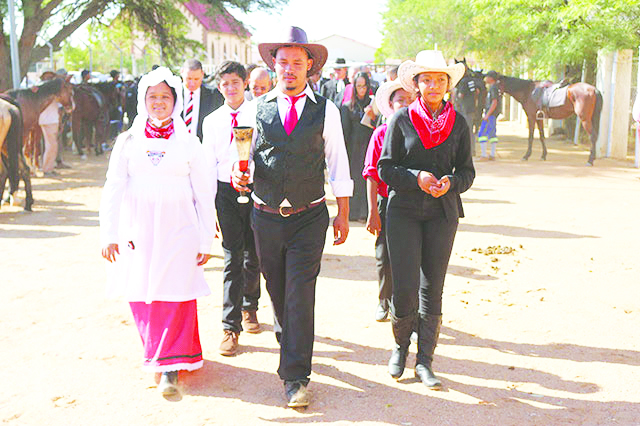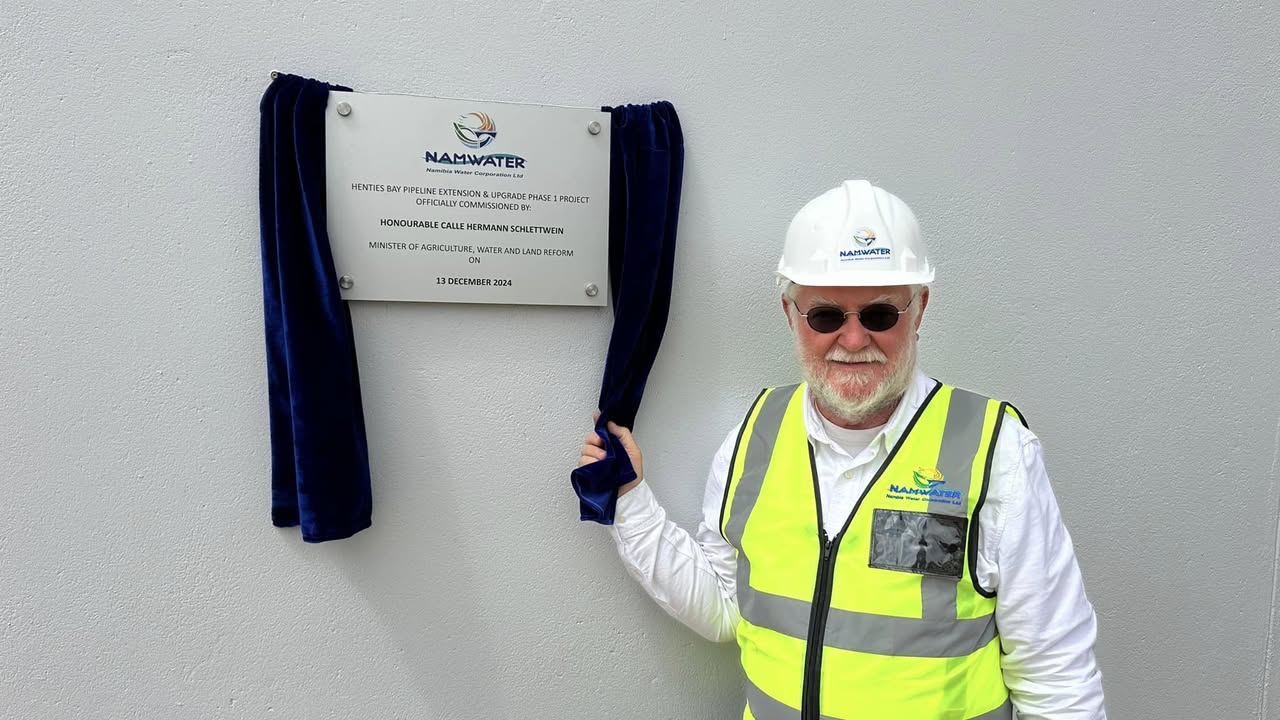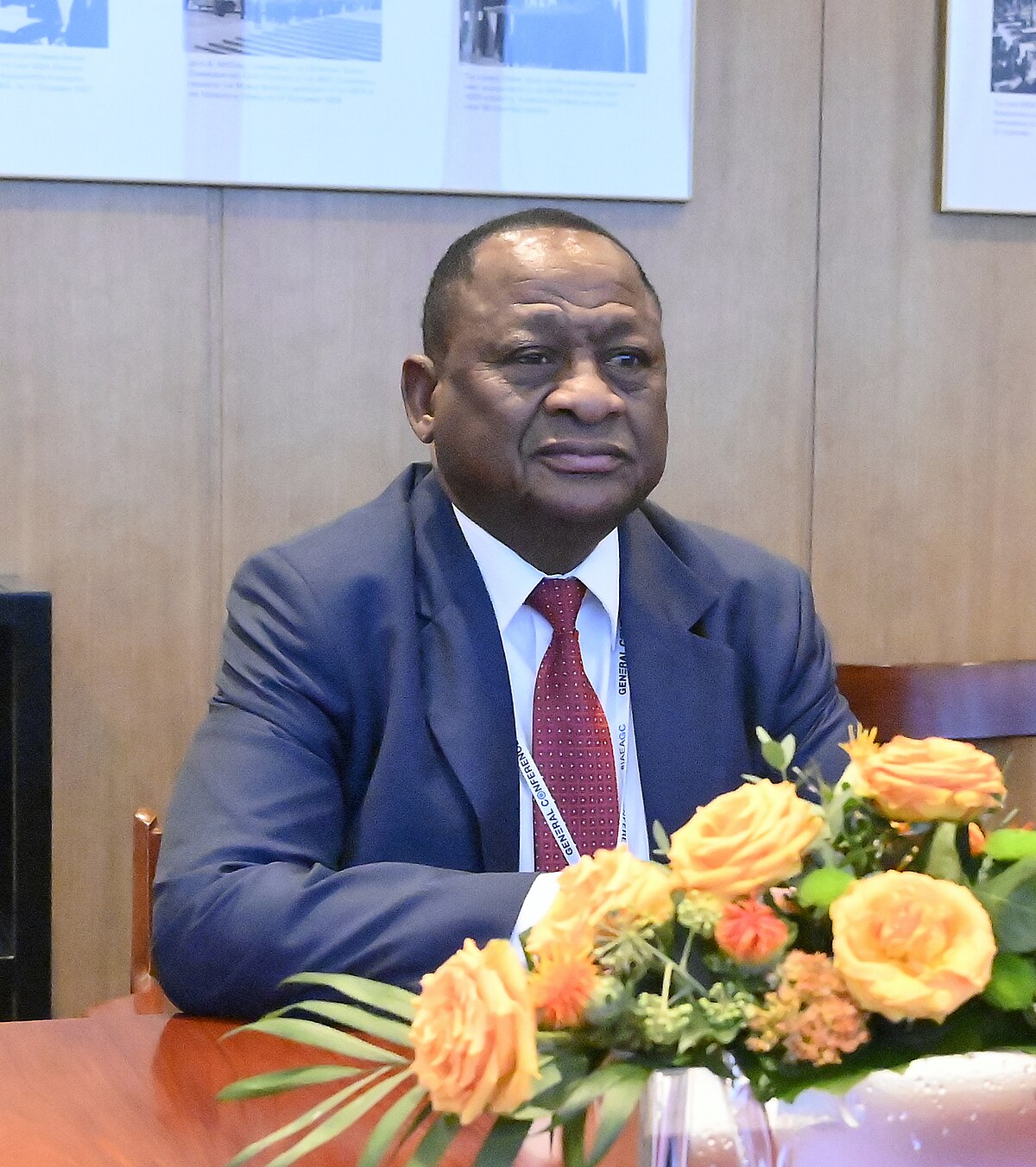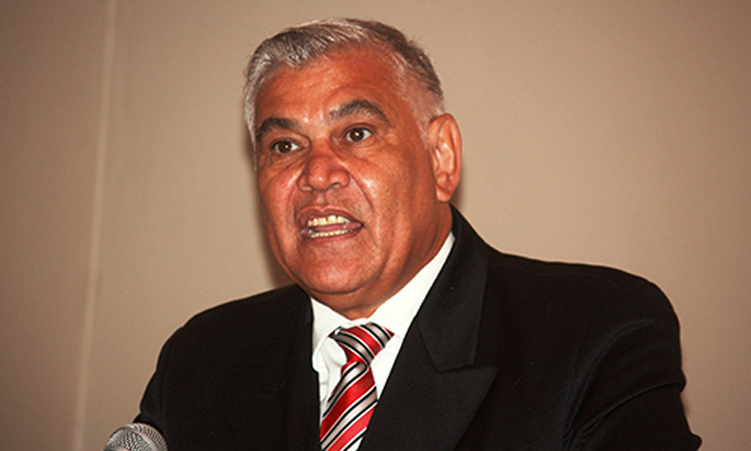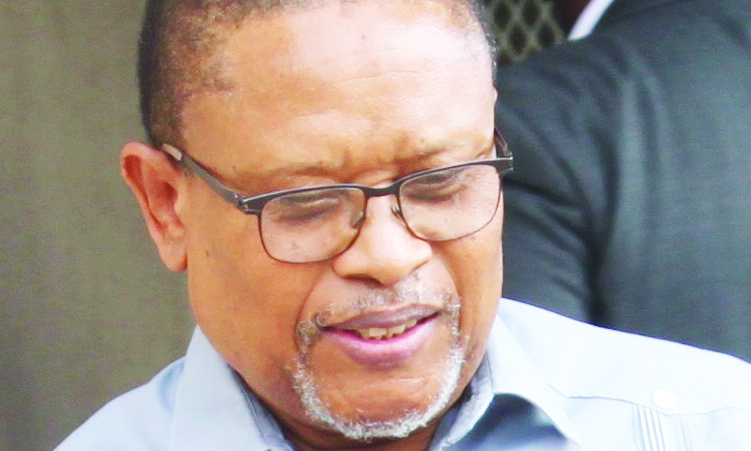THE president of the United Peoples Movement (UDM), Jan van Wyk, says the Basters, must be included under the affected communities of the Joint Genocide Deal between Namibia and Germany.
Van Wyk says that even though the German government did not issue a direct extermination order against the Baster community, Germany committed astrocities against the Basters from 1896 until 1915.
Van Wyk says as a community they found shelter at Sam !Khubis where they could hide from the Germans, otherwise they too would have been exterminated.
“The killings were about land. Germany was after our land and targeted thousands of hectares which they took from us. Including our animals,” he says.
The Damaras and the San were also not spared the wrath of the Germans, says Van Wyk.
“I was part of a committee that was investigating atrocities committed by Germany. And during those talks it was evident that the Damara people were also displaced. And the San are the original inhabitants of this country, but nobody wants to support them. So UPM will stand for all minority groups,” says Van Wyk.
Because atrocities were also committed against the Basters, they qualify to be included for reparations with the Nama and Ovaherero communities, as the same transgressor – Germany– dispossessed them all of their natural resources.
“We are expecting the joint genocide declaration to be discussed next week again. And with the PDM, UPM will make sure this declaration does not get passed in parliament.
“It should be rejected by all parties and negotiations started again, inclusive of these communities,” said Van Wyk.
The captain of the Basters, Jackie Britz, says their community is also busy reconstituting themselves should the parliamentary route fail, to lodge their own case for reparations.
Britz says as part of their strategy to oppose the draft joint declaration from being passed, the Baster community is busy setting up their own traditional authority with their chiefs and supported by their people.
He says the skulls of their ancestors are also in Germany and must be repatriated.
“The repatriation of our ancestors skulls cannot be done by the Namibian government. That is an issue that must be handled by the Captains Council according to Paternal Laws. But we have also started to establish the Peoples Council and are busy following the democratic process to consult all Rehoboth Basters as they are resident across the country,” says Britz.
Stay informed with The Namibian – your source for credible journalism. Get in-depth reporting and opinions for
only N$85 a month. Invest in journalism, invest in democracy –
Subscribe Now!


